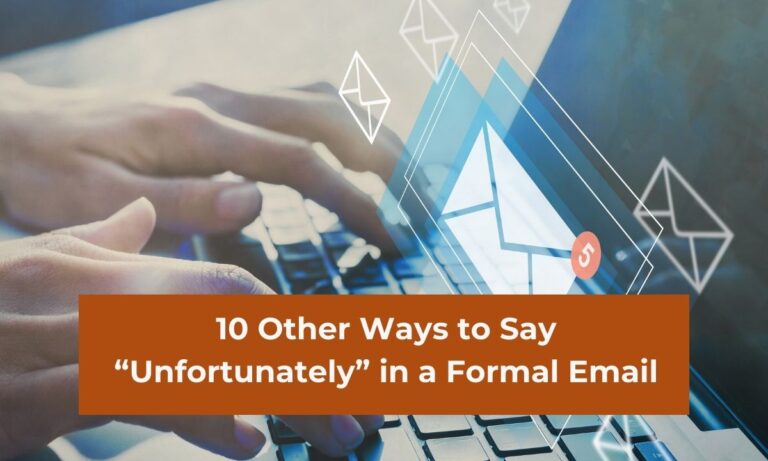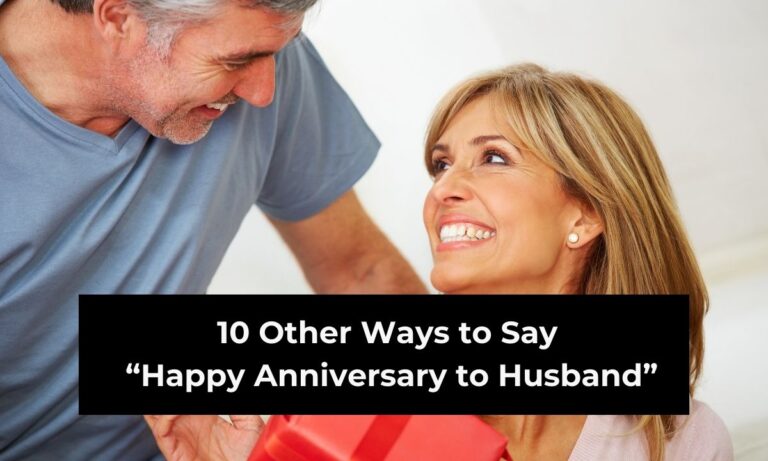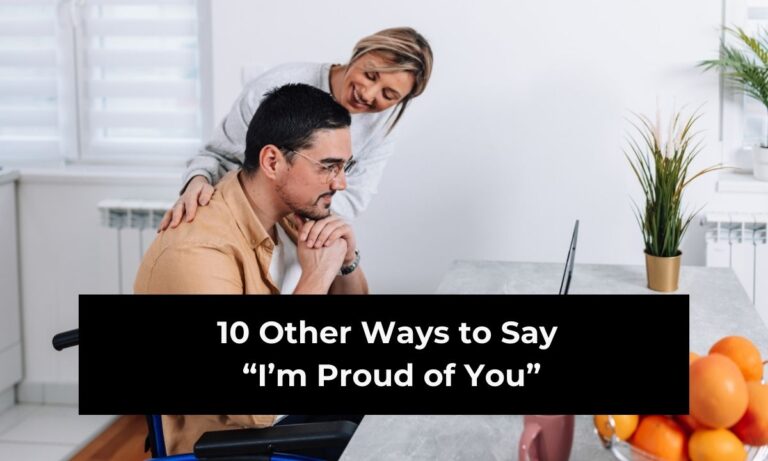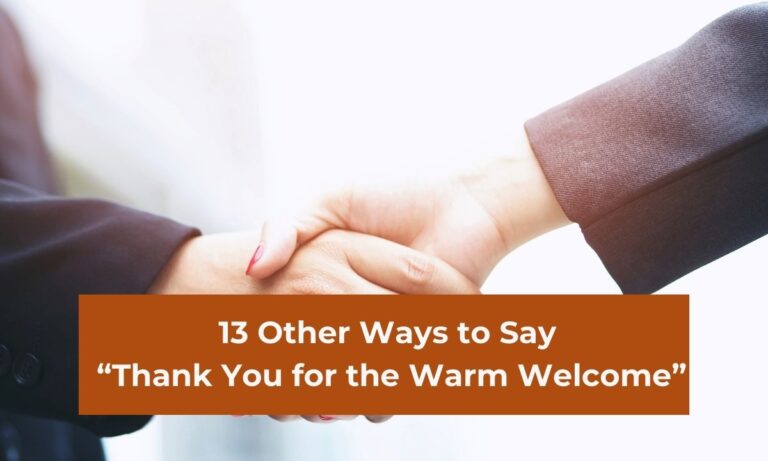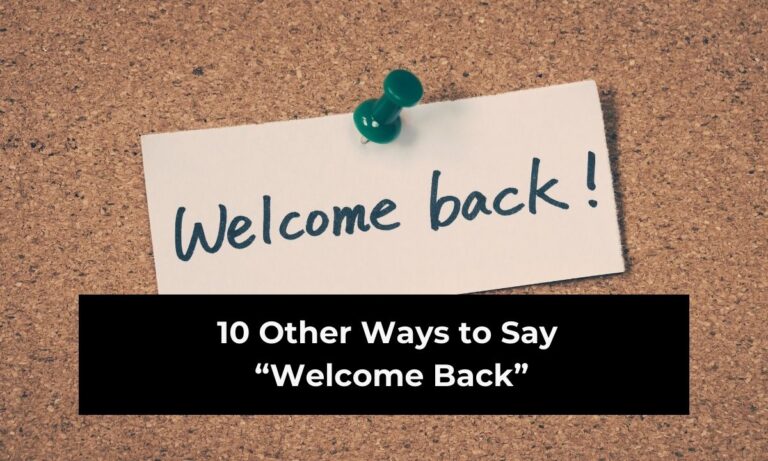Falling for a friend is one of the most complicated emotional experiences you can go through. On one hand, you value the friendship deeply and don’t want to lose it. On the other hand, your heart pulls you toward something more, leaving you in a painful space of longing.
Sometimes, circumstances make dating a friend impossible. Maybe they’re already in a relationship, maybe you’re not compatible in ways that matter long-term, or maybe they simply don’t see you romantically. Whatever the reason, the reality hits hard—you can’t be with them in the way you want.
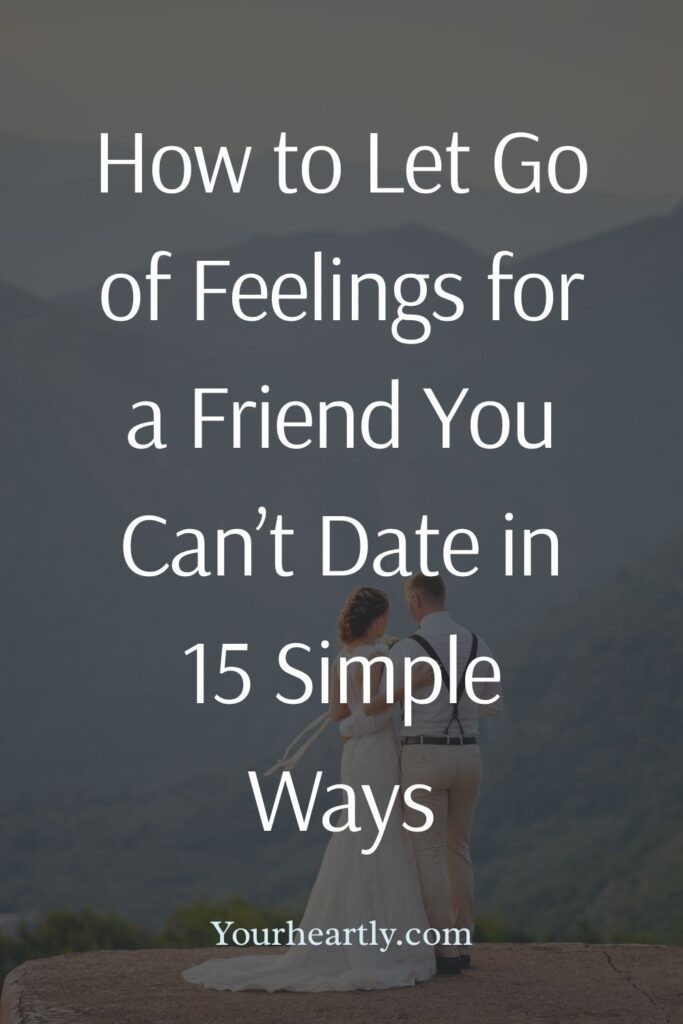
It hurts. You find yourself daydreaming about “what ifs,” analyzing every little moment, and struggling to focus on anything else. And because they’re your friend, walking away completely feels unthinkable.
But here’s the truth: holding on to these feelings when there’s no possibility of a relationship keeps you stuck. It prevents you from moving forward, opening up to new opportunities, and fully enjoying your friendship for what it is.
Letting go doesn’t mean erasing your feelings overnight—it means learning how to process them, set boundaries, and gradually release the attachment that’s holding you back.
In this article, we’ll walk through 15 simple yet powerful ways to let go of feelings for a friend you can’t date. These steps are practical, compassionate, and designed to help you heal while protecting your friendship and your own peace of mind.
1. Accept the Reality of the Situation
The first step is acceptance. It’s tempting to hold on to hope, imagining that things might change someday. But clinging to “what ifs” only prolongs your pain.
When you accept that this friend cannot be your romantic partner, you free yourself from the constant cycle of expectation and disappointment. This doesn’t mean your feelings vanish instantly—it means you’re choosing to see things clearly rather than through wishful thinking.
Remind yourself: friendship and romance are not the same. By accepting the boundaries of your relationship, you create space for healing to begin.
2. Create a Little Emotional Distance
If your friend is always around, it becomes nearly impossible to move on. Give yourself permission to step back just a little. That might mean fewer late-night texts, skipping a couple of hangouts, or setting some boundaries about one-on-one time.
This isn’t about abandoning the friendship—it’s about giving your heart room to breathe. Emotional distance allows the intensity of your feelings to soften over time.
Remember, you can still care deeply for them as a friend while protecting yourself from getting pulled deeper into unrequited love.
3. Limit Romantic Daydreaming
It’s easy to replay scenarios in your head—imagining what it would be like if you were together. But each daydream keeps you emotionally tied.
When you catch yourself drifting into fantasy, gently redirect your thoughts. Focus on hobbies, goals, or activities that bring you joy in the present moment.
Daydreaming feels comforting in the short term, but in the long run, it keeps you stuck. Training your mind to shift away from these patterns is key to letting go.
4. Acknowledge Your Feelings Without Shame
Many people try to suppress feelings for a friend out of guilt or embarrassment. But your emotions are valid. You didn’t choose who you fell for—it happened naturally.
Instead of beating yourself up, acknowledge the feelings with compassion. Write them down in a journal or talk them through with someone you trust. By naming your emotions, you take away their power to overwhelm you.
Acceptance of your feelings is not the same as acting on them. It’s simply a healthy way to process them.
5. Avoid Overanalyzing Their Behavior
When you like someone, it’s easy to overanalyze every word, glance, or gesture. Did they mean something by that compliment? Are they flirting? Do they secretly feel the same?
This constant overthinking creates false hope. More often than not, their behavior is just friendly—nothing more.
Remind yourself that analyzing won’t change the truth. Instead, focus on their actions as a friend and resist the urge to twist them into romantic signals.
6. Set Clear Boundaries for Yourself
Boundaries are essential when trying to move on. If certain behaviors trigger stronger feelings—like cuddling on the couch or constant texting—it’s okay to step back.
Think about what situations make it harder for you to detach, and adjust accordingly. Boundaries don’t have to be dramatic; they can be subtle shifts that protect your heart.
Communicating some of these boundaries to your friend, if needed, can also help prevent misunderstandings.
7. Spend More Time With Other Friends
When one person dominates your emotional world, moving on feels impossible. Surround yourself with other friends who bring joy, laughter, and support.
By widening your circle, you remind yourself that fulfillment doesn’t come from one person. Building different connections gives you perspective and eases the intensity of your attachment.
Plus, the more you invest in other friendships, the less reliant you’ll be on the one that causes you emotional pain.
8. Channel Your Energy Into New Hobbies
Unrequited love leaves you with a lot of emotional energy—and that energy needs somewhere to go. Redirect it into hobbies or activities that make you feel alive.
Whether it’s fitness, art, travel, or learning something new, engaging in passions gives you a healthy outlet. It also builds confidence and reminds you that your life is full of opportunities outside this friendship.
The more you invest in yourself, the less power your feelings for your friend will have over you.
9. Reduce Physical Intimacy
If your friendship involves a lot of physical closeness—hugging, leaning on each other, playful touches—it can blur the lines and intensify your feelings.
Reducing physical intimacy doesn’t mean being cold or distant. It simply means being mindful of how certain interactions impact your emotions.
By creating physical space, you support your efforts to emotionally detach and keep the friendship healthy.
10. Talk to Someone You Trust
Bottling up your emotions makes them heavier. Talking to a close friend, therapist, or mentor can help you process what you’re going through.
Sharing your struggles doesn’t mean betraying your friend—it means taking care of your own mental health. The right person will validate your feelings while helping you gain perspective.
Having support outside of the friendship is crucial when trying to let go.
11. Remind Yourself of the Reasons It Won’t Work
Whenever you find yourself slipping into longing, remind yourself why a relationship isn’t possible. Maybe they don’t feel the same way, maybe they’re in a committed relationship, or maybe you know deep down you wouldn’t be compatible long-term.
Keeping these reasons in mind helps counter the temptation to hold on. It grounds you in reality and strengthens your resolve to move forward.
12. Focus on the Friendship Itself
Instead of mourning what you can’t have, appreciate what you do have. Friendships can be just as meaningful as romantic relationships—sometimes even more lasting.
Shifting your mindset from “I want more” to “I’m grateful for this bond” can help you find peace. When you focus on nurturing the friendship rather than forcing romance, you’ll find value in the connection as it is.
13. Avoid Comparing Yourself to Their Partner or Crush
If your friend is dating someone or interested in someone else, comparison can be painful. You may find yourself asking: “Why them and not me?”
This mindset only fuels insecurity and resentment. The truth is, their choice has nothing to do with your worth.
Instead of comparing, focus on your own growth. Trust that someone who sees your value fully will come into your life when the time is right.
14. Give Yourself Permission to Grieve
Letting go of unrequited love is a loss. Even if the friendship continues, you’re saying goodbye to the possibility of romance. Allow yourself to grieve that loss.
It’s okay to cry, feel sad, or even distance yourself for a while. Grieving is part of healing. By honoring your emotions, you give yourself the closure needed to move forward.
15. Open Your Heart to New Connections
The best way to truly move on is to open yourself up to new possibilities. Meet new people, go on dates, and allow yourself to imagine a future with someone else.
When you realize there are others out there who can love and appreciate you fully, your feelings for your friend will naturally begin to fade.
Moving forward doesn’t erase the friendship—it simply makes space for the love you truly deserve.
Conclusion
Letting go of feelings for a friend you can’t date is never easy. It requires acceptance, boundaries, and the courage to move beyond “what ifs.” While it may feel painful now, this process can ultimately bring freedom and peace.
By taking steps like creating distance, focusing on yourself, and opening your heart to new opportunities, you give yourself the chance to heal. The bond with your friend can remain valuable, but your emotional well-being comes first.
Remember: unrequited love doesn’t define your worth. The right person will not only be your friend but also your partner—and they’ll meet you with the love you’ve been waiting for.
FAQs
1. Is it possible to stay friends after letting go of feelings?
Yes, but it depends on how well you manage boundaries and give yourself time to heal.
2. How long does it take to move on from a friend?
It varies for everyone—weeks, months, or longer. The key is consistency in letting go.
3. Should I tell my friend how I feel?
Only if you believe it will bring closure and not damage the friendship unnecessarily.
4. What if I keep falling back into old feelings?
That’s normal. Healing isn’t linear—keep reinforcing boundaries and focusing on self-growth.
5. Can unrequited love ever turn into something more later?
It’s possible, but waiting on that outcome can keep you stuck. Focus on moving forward now.
